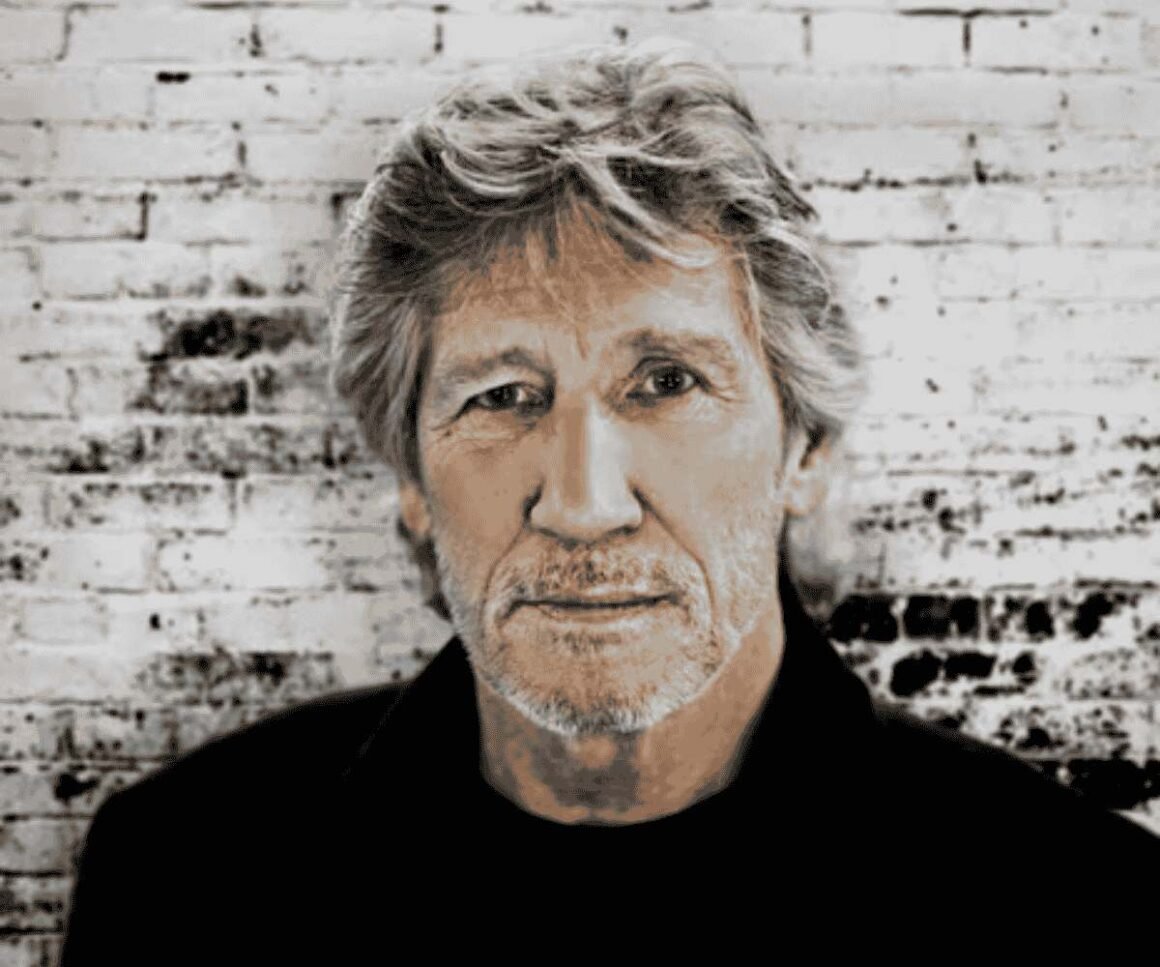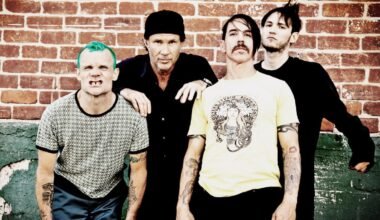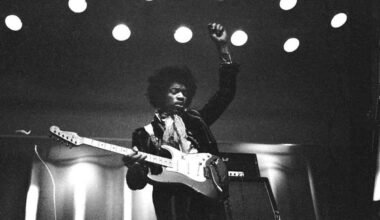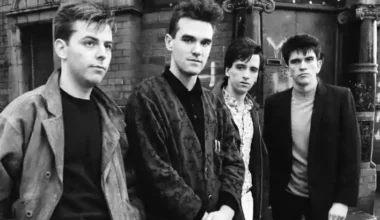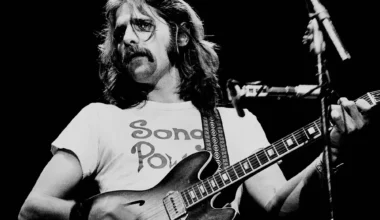Getting kicked out of a band can send a musician into a tailspin. Losing that creative push-and-pull often makes solo work feel like trying to play an instrument with one hand tied behind your back. But Roger Waters? He never doubted he could outshine Pink Floyd—even without David Gilmour by his side.
That confidence, however, quickly turned into a legal circus. By the mid-1980s, Waters was convinced he was Pink Floyd, claiming ownership of the band’s entire legacy because he wrote the lyrics. It was an absurd argument—akin to Bernie Taupin demanding control over every Elton John hit just because he wrote the words. The rest of Pink Floyd wasn’t having it, and they moved on without him.
Waters did have something left to offer, but his solo work exposed just how much he needed his old bandmates. The Pros and Cons of Hitchhiking wasn’t a disaster, but it sounded thin, crying out for Richard Wright’s atmospheric keyboards and Gilmour’s soaring guitar work. It was a theme that plagued most of his solo career—great ideas buried under uninspired production.
Ignoring the unhinged mess that was Dark Side of the Moon Redux, Waters’s best solo records were often saved by the musicians around him. Radio KAOS drowned in glossy ’80s production, but Amused to Death was a different beast—thanks to one key ingredient: Jeff Beck.
With Beck’s guitar tearing through tracks like “What God Wants,” Waters finally had the missing piece he’d been looking for. His music has always been weighty, but Beck brought balance, elevating the album into something more than just another bitter Waters rant. Even the man himself admitted he wasn’t sure about his past decisions, but when it came to Amused to Death, he called it a “classic masterpiece.”
In the post-Wall world, Amused to Death stands toe-to-toe with Gilmour’s The Division Bell. Neither is flawless, but both prove that Waters and Floyd could still make compelling music apart. And while much of Waters’s solo work hasn’t aged well, Amused to Death remains the best argument for his status as a solo artist. Sure, his stadium shows are packed with Floyd hits, but when he aimed high, he could craft something just as monumental—if not more so—than his old band.

